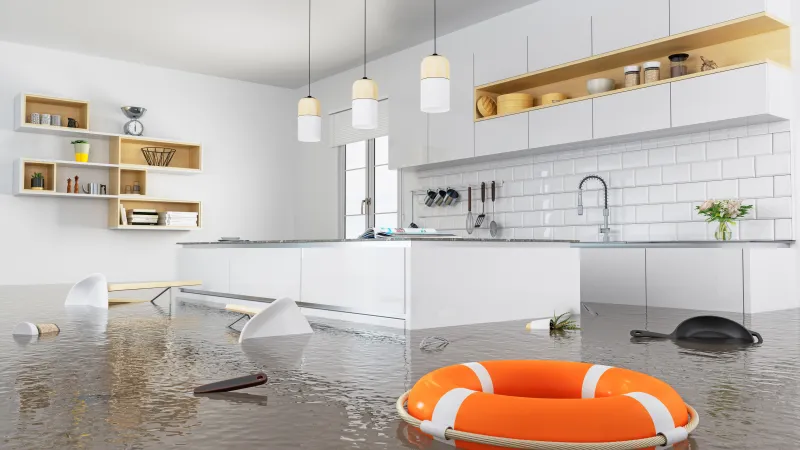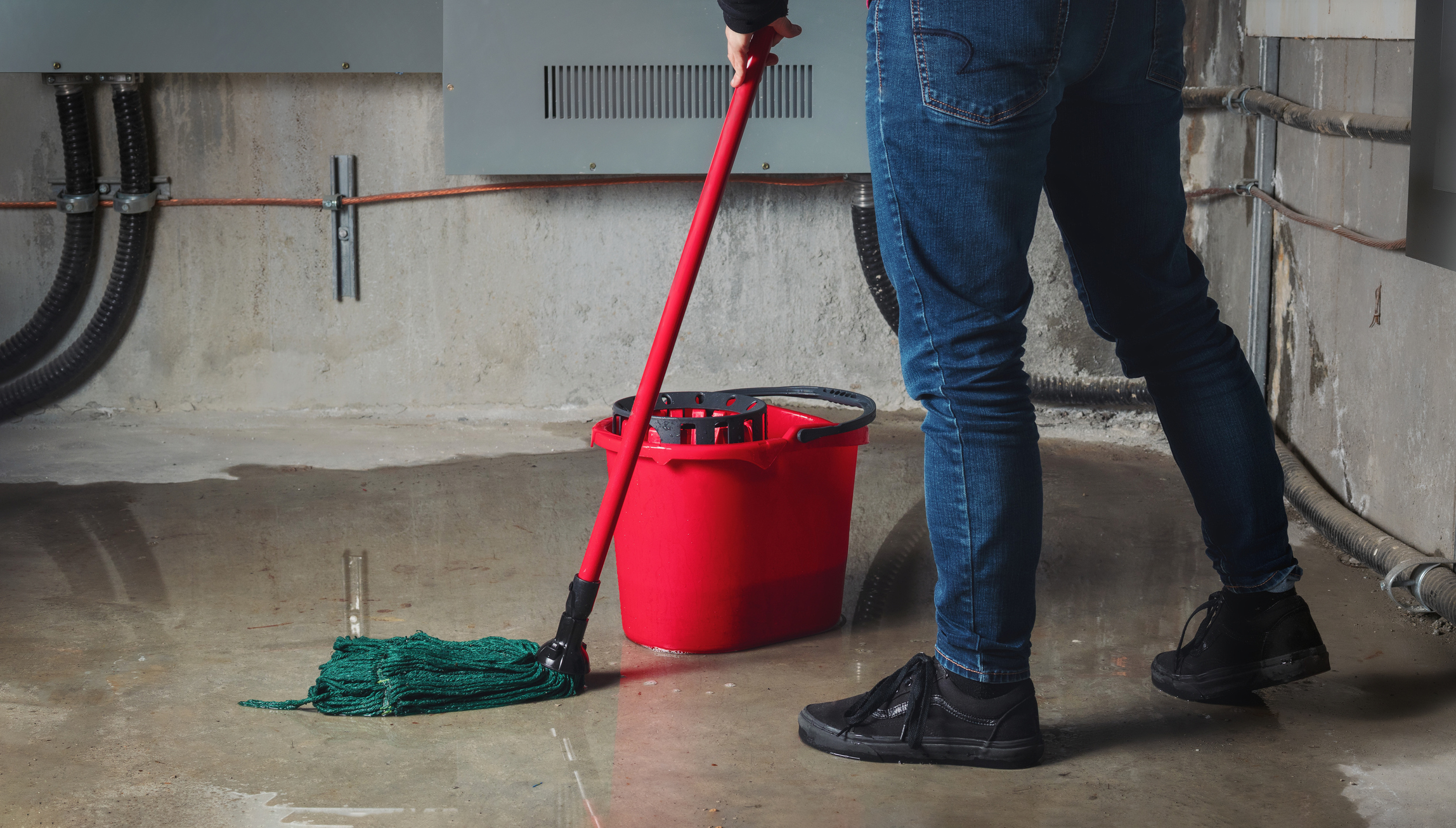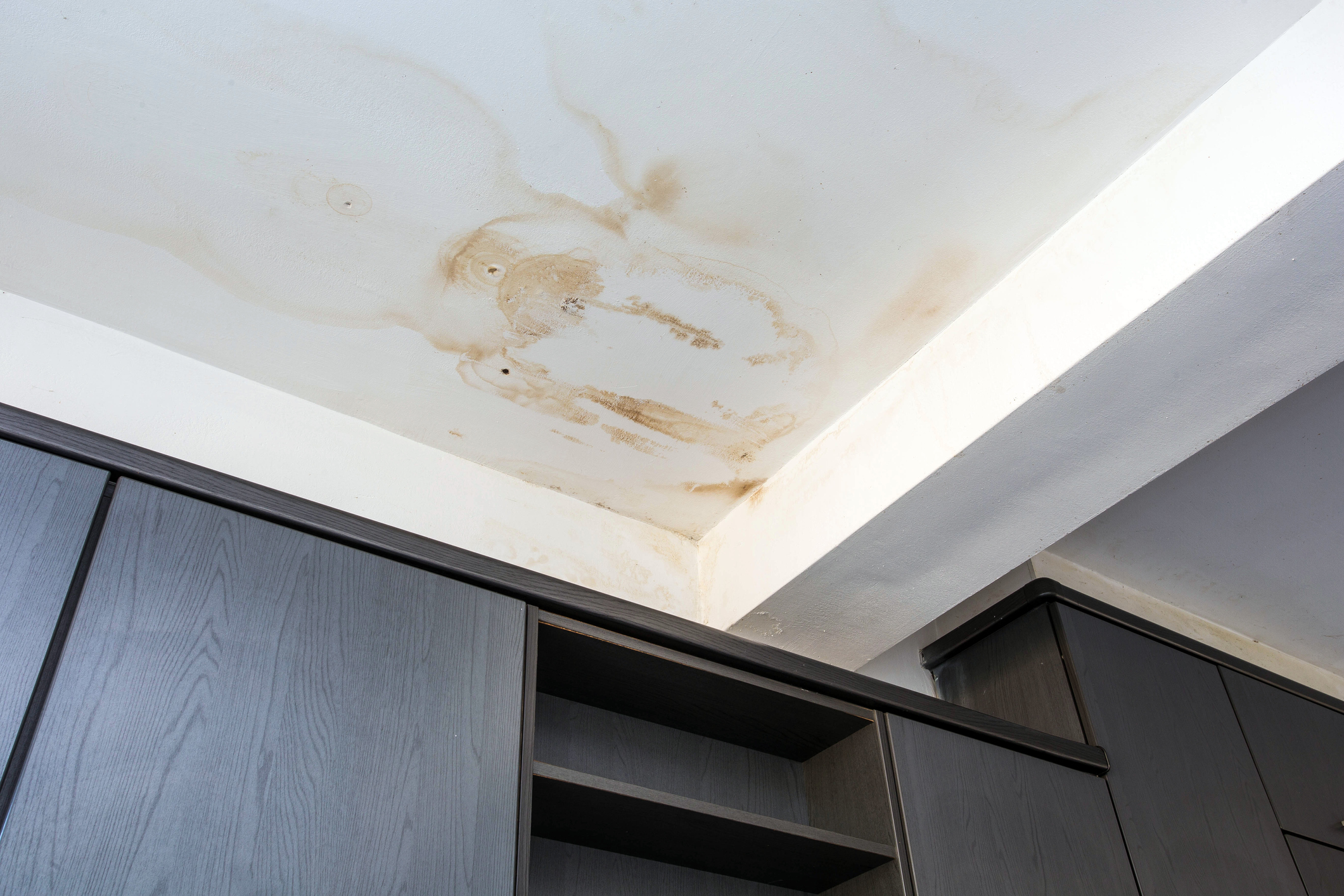
What To Do in Case of Water Damage to Your Home
Water damage is a common problem that can inflict severe damage to your home and belongings.
It can happen in any part of the house. This type of damage can be caused by a variety of issues, such as burst pipes, leaky roofs, clogged gutters, or even flooding. When left unaddressed, water damage can result in mold growth, structural damage, and a host of other problems that can be costly to fix.
One area of the home that is particularly susceptible to water damage is the basement. Since it is the lowest point in the house, water can easily accumulate and cause significant damage. Additionally, if your home has a sump pump, it is essential to ensure that it is working correctly to prevent water from pooling in the basement. Other areas of the home that are prone to water damage include bathrooms, kitchens, and laundry rooms – anywhere where water is frequently used.
Water damage can happen to anyone, regardless of where you live or how well you maintain your home. The best way to prevent water damage is to take proactive steps to maintain your home, such as fixing leaky pipes and roofs, cleaning gutters and drains regularly, and ensuring that your appliances are in good working order. Remember, prevention is always better than a cure, and by taking the necessary steps, you can avoid costly repairs and keep your home safe and dry.

Causes of Water Damage and Prevention
As a homeowner, it's essential to be aware of the various factors that can cause water damage. Here are some reasons for water damage in homes, and how to prevent them:
Faulty plumbing
Leaky or burst pipes, overflowing toilets, and broken hoses are common culprits of water damage. Ensure that your plumbing system is maintained correctly and inspected regularly by a professional.
Natural disasters
Heavy rain, hurricanes, and floods can cause significant water damage to your home. It's essential to prepare for natural disasters and have a flood insurance policy in place.
Malfunctioning appliances
Dishwashers, washing machines, and refrigerators can develop leaks and cause water damage. Make sure to inspect your appliances regularly and replace any damaged parts immediately.
Clogged gutters
Clogged gutters can lead to water damage by causing water to overflow and penetrate your home's foundation. Clean your gutters regularly and install gutter guards to prevent clogs.
Frozen pipes
When the temperature drops below freezing, the water in your pipes can freeze and expand, causing your pipes to burst. This can result in significant water damage to your home's walls, floors, and ceilings. Keep your home warm, insulate your pipes, and always shut off the water when leaving your home for longer than a day.
Sewer backup
When your home's sewage system becomes backed up, it can cause wastewater to overflow into your home, leading to contamination and extensive water damage. Be mindful of what you flush down the toilet and drains in your home. You can also have your sewer line inspected regularly by a professional.
Humidity and condensation
High humidity levels can cause water damage by promoting mold growth and weakening your home's structure. Make sure to maintain proper ventilation and use dehumidifiers if necessary, and also look out for ice dams in the winter.

Winterizing Your Vacation Home, Cottage, or Cabin to Prevent Water Damage
If you have a seasonal or vacation home, such as a cottage or cabin, be sure to winterize it while you are away. When you fail to prepare your cabin for the winter season by not winterizing it, you leave it susceptible to water damage. Water damage at vacation properties or cabins can be particularly problematic as they can be left undiscovered for several months.
The biggest reasons for water damage to your cabin over the winter are due to frozen pipes and ice dams as listed above. Learn more about winterizing your cabin in our article here.
What To Do in Case of Water Damage to Your Home
There are tons of lists about what to do in case of an emergency, but we're here to provide delightfully simple steps to take when you're up a creek without a paddle:
- Turn off the water supply.
- Make temporary repairs to leaking roofs or pipes.
- Remove and/or dry any accumulation of water. If assistance is required, contact a water mitigation company.
- Preserve as much as possible all damaged and/or wet items.
- Document everything – take photos and note the items that were damaged and their value.
- Contact your insurance broker or company.
- Contact a water damage restoration company.
Insure Your Home in Case of Water Damage
Prevention is the best thing you can do to avoid water damage to your home. But of course, not all things are 100% preventable or predictable. Make sure you’ve adequately insured your home with a home insurance policy that includes comprehensive water coverage, service line, and/or sewer backup.
If you’re in Saskatchewan, Manitoba, or Alberta, talk to an insurance broker about Sandbox home insurance.
Please note that the information in this article may not accurately reflect your insurance policy from Sandbox Mutual Insurance or another insurance company. Please refer to your policy or talk to your broker about your specific coverages.
